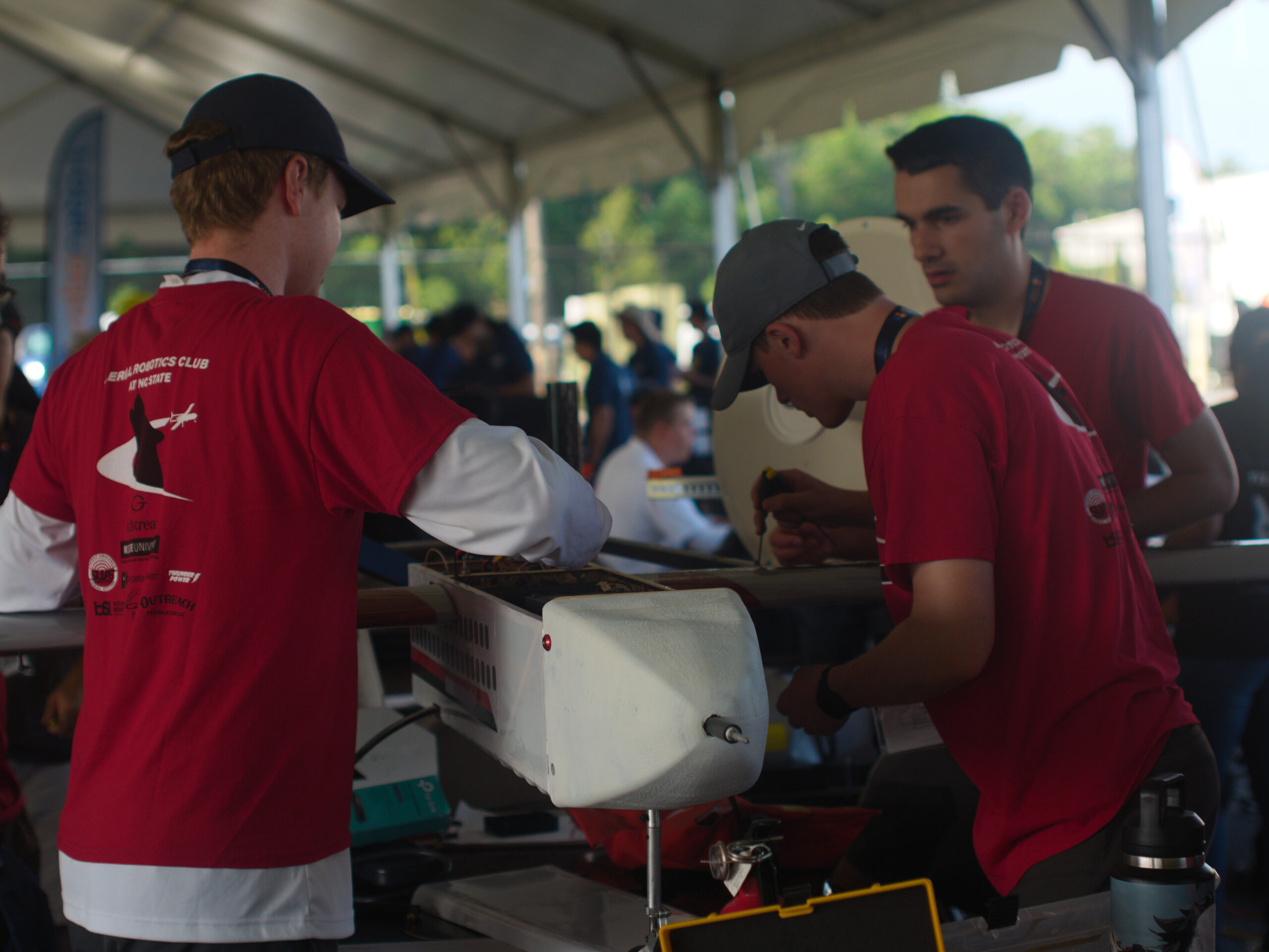NC Space Grant Congratulates 2023-24 Undergraduate Research Scholars
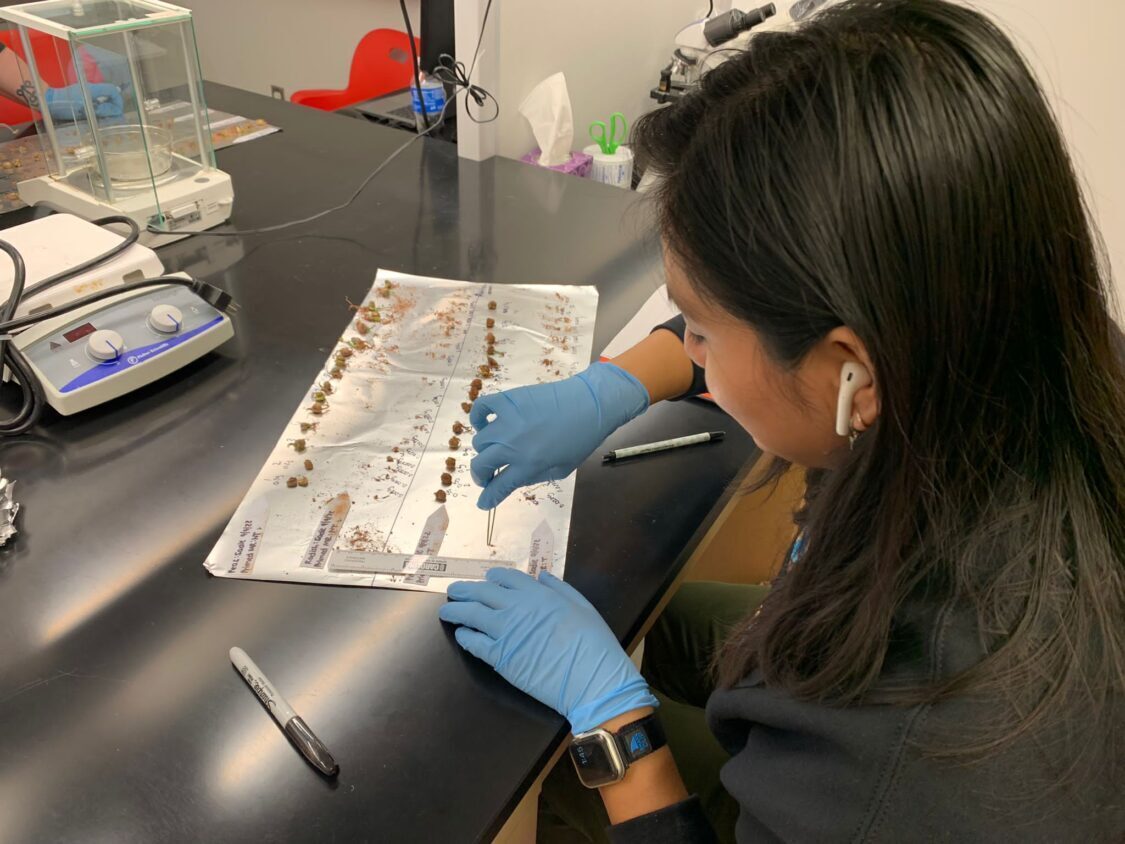
North Carolina Space Grant announces its new 2023-24 undergraduate research scholars. They will conduct impressive research in science, technology, engineering, and mathematics (STEM). Awardees will engage with topics that range from the depths of dark matter halo activity, to sustaining liquids on Earth-like planets, and detecting proteins in degenerative disc disease.
“We are thrilled to support these undergraduate students as they initiate their research,” Sandy Canfield, NC Space Grant assistant director, said. “These North Carolina students’ research activities in STEM that are taking place across the state have NASA Mission Directorate applications, inclusive of commercial space or at the U.S. National Lab on the International Space Station (ISS)”
Undergraduate Research Scholarship recipients conduct their research at their home campus, industrial centers, or government facilities. As students progress in their STEM research, they will build relationships with university mentors and NASA professionals, which scholars have found beneficial in the past.
The 2023-24 NC Space Grant Undergraduate Research Scholars are:
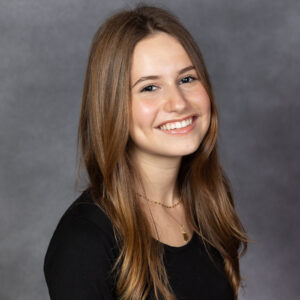
Rebecca Arian, Duke University, Major: Neuroscience, Project: Creating a 53BP1-GFP Fusion Cell Line to Assess Biological Responses to Ionizing Radiation
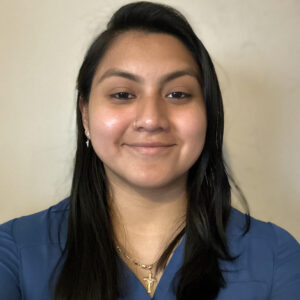
Michelle Bruno-Garcia, Winston-Salem State University, Major: Biology, Minor: Chemistry, Project: UNEARTH (lUNar rEgolith trAnsfoRmation TecHnique)
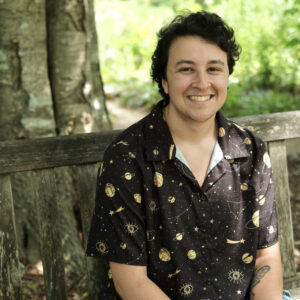
Salem Burtner, University of North Carolina at Chapel Hill, Major: Astrophysics, Project: Age and Membership Analysis of the AB Doradus Moving Group
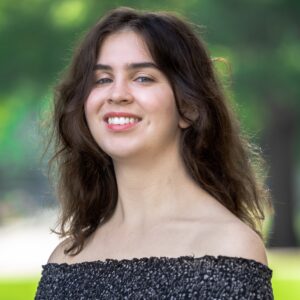
Sage Cooley, Duke University, Major: Mechanical Engineering, Minor: Aerospace Engineering, Project: 3-D Printing and Imperfection-Sensitive Buckling: Methodologies for Multi-Walled Shells
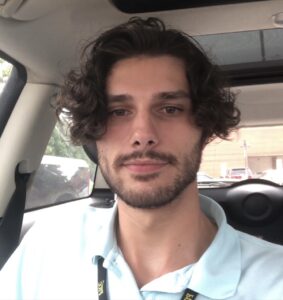
Garrett Davis, Fayetteville State University, Major: Computer Science, Minor: Mathematics, Project: Robotic Automation and Swarming
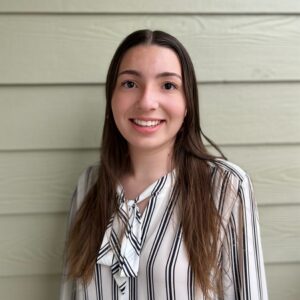
Abigail Grulick, University of North Carolina at Asheville, Major: Atmospheric Science, Project: Sustaining Liquid Water on Earth-Like Planets: The Importance of Star-Planet Interactions
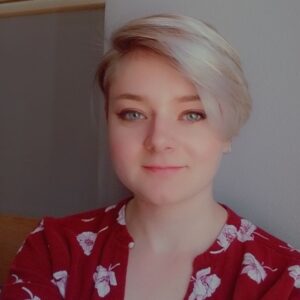
Sarah Lang, Winston-Salem State University, Major: Biology, Project: IGOR: A Plant Science Data Management Platform
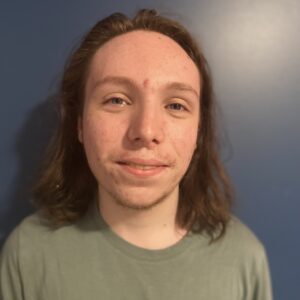
Riley McBride, University of North Carolina at Asheville, Major: Physics, Minor: Astronomy, Project: Relationship Between Galactic Rotation and Motion of Satellites in Dark Matter Halo
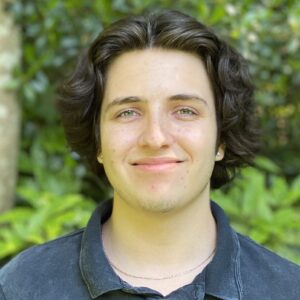
Donovan Schlekat, University of North Carolina at Chapel Hill, Major: Physics, Minor: Applied Science and Engineering, Project: Skynet 2: Expansion and Improvement of the Skynet Robotic Telescope Network
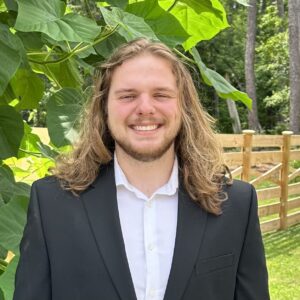
Logan Selph, University of North Carolina at Chapel Hill, Major: Astrophysics, Project: Using Gravitational Wave Optical Counterparts to Confirm Hubble’s Constant
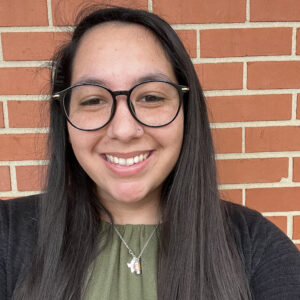
Ashley Sutherland, Fayetteville State University, Major: Computer Science, Project: Using OpenDR With Drones
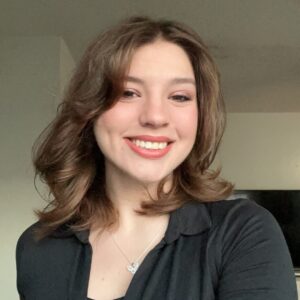
Victoria Whidden, Appalachian State University, Major: Physics, Minor: Mathematics, Project: Applied Forces With Gold Nanoshells

Kyndal Williams-McCord, North Carolina Agricultural and Technical State University, Major: Chemistry, Project: Polymerization-Mediated Amplification in Biosensing for Degenerative Disease-Related Protein Detection
“Scholars will present their research at the distinguished NC Space Symposium gathering among other STEM students, as well as NASA and space industry professionals,” said Canfield. “NC Space Grant is proud to support these students, and we congratulate them on this accomplishment.”
☽
- Categories:
